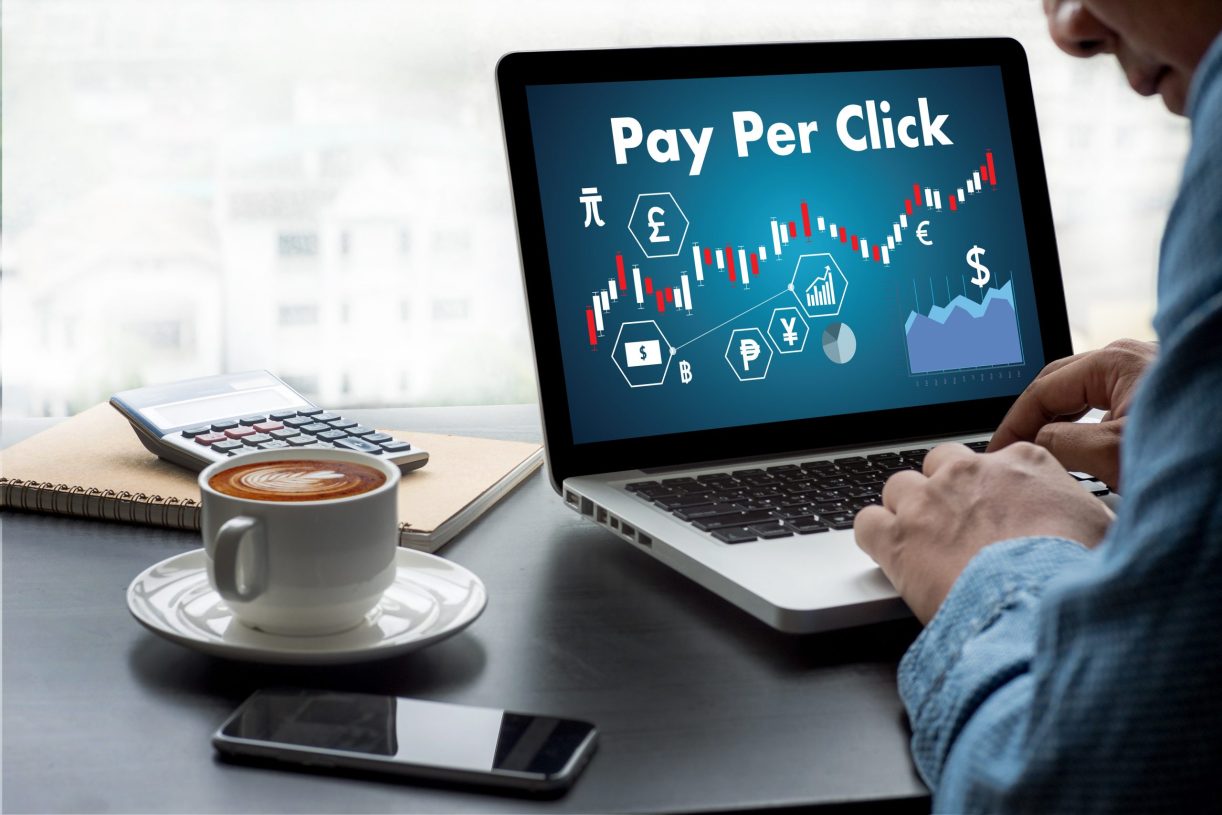Why PPC Marketing Still Works—and What Most Businesses Get Wrong
Not everything in digital marketing delivers fast, trackable results. But PPC marketing does. It’s one of the few tools that lets you get specific, show up exactly where your customers are searching, and know—within days—if it’s working.
Sounds like common sense, right? And yet, so many businesses either overlook it, misuse it, or treat it like a set-it-and-forget-it switch.
Thing is, pay-per-click campaigns aren’t just for big budgets or ecommerce giants. They’re one of the most flexible, measurable, and targeted ways to drive real business results. And if you’re not using PPC, or not using it well, you’re probably leaving sales on the table.
Let’s break it down—what PPC marketing does best, and how it actually helps businesses grow.
You’re Not Guessing Who Sees Your Ads
This is the power of targeting. PPC marketing lets you choose exactly who sees your message. Age, gender, zip code, interests, search intent—you’re not casting a wide net, you’re dropping a hook right where you know the fish are.
No guessing. No wasted impressions.
It Doesn’t Drain Your Budget—Unless You Let It
There’s a myth that PPC marketing is expensive. But unlike print ads or billboards, you’re only paying when someone clicks. You set the budget. You control the bids. If it’s not working, you pause it. If it’s working, you scale. Even a small campaign can move the needle when it’s well built.
You Get Visibility—Even If You’re Brand New
SEO takes time. And if you’ve just launched a site, you’ll be waiting a while for Google to catch on. PPC marketing? That’s visibility now. You can get ads in front of searchers today, even if your domain is a week old.
And when PPC and SEO work together? Even better.
You Know What’s Working (And What’s Wasting Your Money)
Every click. Every lead. Every sale. It’s all trackable with PPC. You’ll know which ad brought in which customer. Which keyword is driving conversions? Which landing page needs work. No more guessing. No more “maybe it helped.” Just clean data you can actually use.
Speed Matters. So Does Agility.
Need to promote a new service? Test a headline? Launch a flash sale? PPC marketing is built for fast moves. You can spin up a campaign in a day and start seeing traffic that afternoon. And if something’s off, you fix it. No waiting. No approvals. You just adjust and relaunch.
Brand Awareness, Baked In
Not every ad needs to convert on the first click. Sometimes, it’s just about showing up. Reminding people who you are. Staying visible. PPC marketing lets you do that too—especially with remarketing ads that follow up with people who visited your site and bounced.
Subtle? Yes. But powerful.
Geo-Targeting Gets You in the Right Place at the Right Time
Want to reach customers in just one city? A few zip codes? A single neighborhood? PPC marketing has that dialed in. You can run one campaign in L.A. and another in Austin, both tailored, both trackable. It’s hyper-local done right.

It’s Built for Testing (and Learning Fast)
A/B testing is baked into the whole thing. Try two headlines. Test three CTAs. Switch the image. See what happens. With PPC marketing, you’re constantly gathering info about what works—and what flops.
You don’t have to wonder what your audience responds to. You’ll see it, right there in the numbers.
Remarketing Closes the Loop
Someone visits your site, clicks around, and leaves. Normally, that’s the end of it. But with PPC remarketing, you can reconnect. Show a softer follow-up. Remind them you’re still here.
Especially helpful for long sales cycles or high-ticket offers where people need time to decide.
It Levels the Playing Field
Here’s the truth: PPC marketing doesn’t care how big your brand is. If your ad is relevant, your landing page is solid, and your targeting is tight—you can outrank bigger competitors. You don’t need the biggest budget. Just the smartest campaign.
The Bottom Line
If you want targeted traffic, fast results, and data you can actually use—PPC marketing isn’t optional anymore. It’s one of the few digital tools that gives you both control and speed. You can test, track, and tweak on the fly. You can start small and grow from there.
So if you’ve been waiting? Don’t. Because someone else is already bidding on your customers.




